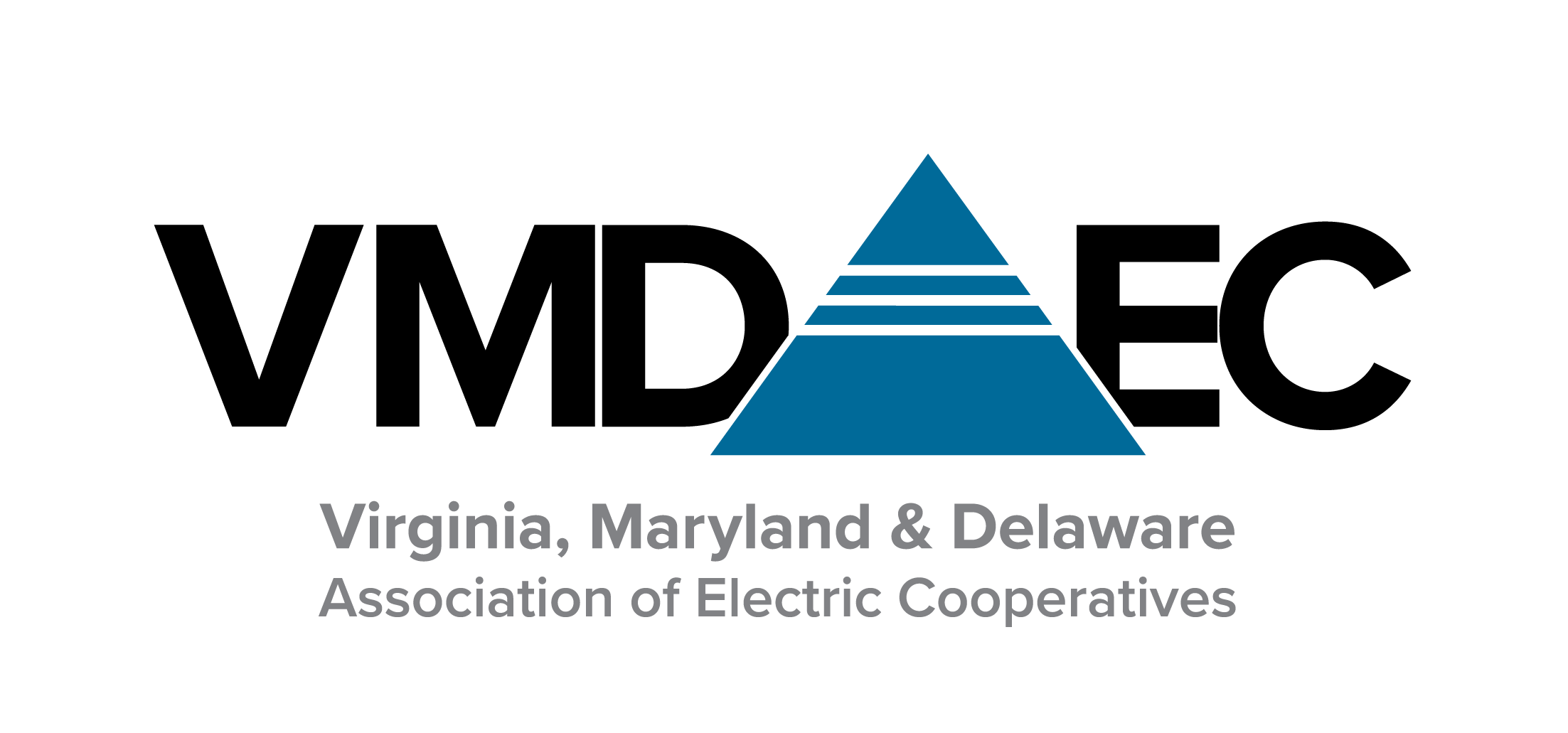Cindy Musick earned a forestry degree and her father was in the electric utility industry. Still, she acknowledges knowing little about electric cooperatives before joining Rappahannock Electric Cooperative.
“I have never felt so valued, and listened to, and had the opportunities that I’ve had,” REC’s director of vegetation management services says about her nine years at the Fredericksburg, Va.-based co-op.
REC’s team of foresters is essential in providing members with consistent, reliable, safe power. The team implements a management plan of trimming every tree on a five-year cycle and clearing every patch of right-of-way.
“They make sure it’s done sustainably, suitably and to the proper health of the tree. As a result, we end up with a lot of wildlife habitat on REC’s rights-of-way,” Musick says. With nine foresters, six from REC and three from contractors, every foot of work is inspected in a system that numbers 8,000 miles of overhead rights-of-way. Our mission is to prevent tree-caused outages,” Musick explains.
“We’re looking at a lot of different ways — looking at every possible tool in the toolbox.” Her team utilizes technology in ways not previously used at REC. Aerial inspections and trimming are conducted via drones and helicopters when necessary. Satellite data provides information about healthy, green trees off the right-of-way. “I never knew you could tell from 6 miles up if a tree was not healthy by looking at the chlorophyll percentage in the leaves,” says Musick, “But you can.”
Musick stepped away from her profession for 10 years to raise her sons. With a degree from Virginia Tech, she expects to complete her Ph.D. in forestry at West Virginia University this spring. Prior to her co-op career with REC, she worked for an investor-owned utility in Washington, D.C., where she led forestry operations. “Anybody coming out of school should consider utility forestry,” Musick urges.
In fact, she encourages anyone with or without a degree to pursue an opportunity at a co-op. “There are so many jobs at an electric co-op that don’t require any kind of formal education or training,” she says. “We are all valued the same, and when people come to work at a co-op, you don’t leave. You stay for 30 years. You have that institutional knowledge at every level of the company, and that is priceless.”

